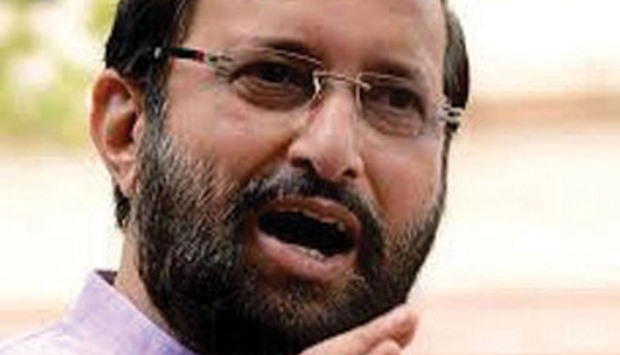Prakash Javadekar said the evaluation process would continue before the country moves ahead with the use of a technology that promises better farm yields but sharply divides public opinion.
A committee of government and independent experts is seeking more information from a team of scientists who have spent almost a decade on laboratory and field trials for a GM mustard crop.
“We will not rush through, but we will also not come in the way of science,” Javadekar told reporters. “We have to feed more than a billion mouths and we have to raise productivity... (but)we will not compromise on people’s health.”
The meeting, the third held to evaluate field trial data on GM mustard this year, had raised hopes among scientists that Prime Minister Narendra Modi’s government is keen to push technology to lift food productivity.
India spends billions of dollars every year importing edible oils and other food items to help offset its abysmal food productivity levels.
Farmers are stuck with old technology, yields are at a fraction of global levels, cultivable land is shrinking and weather patterns have become less predictable.
Some farm economists have said India should speed up efforts to embrace GM foods after China took a giant leap towards GM with its bid for Swiss transgenic seed developer Syngenta.
But public and political opposition to transgenic food remains strong amid fears they could compromise food safety and biodiversity.
About 200 placard-holding protesters shouted anti-GM slogans outside Javadekar’s office earlier yesterday.

